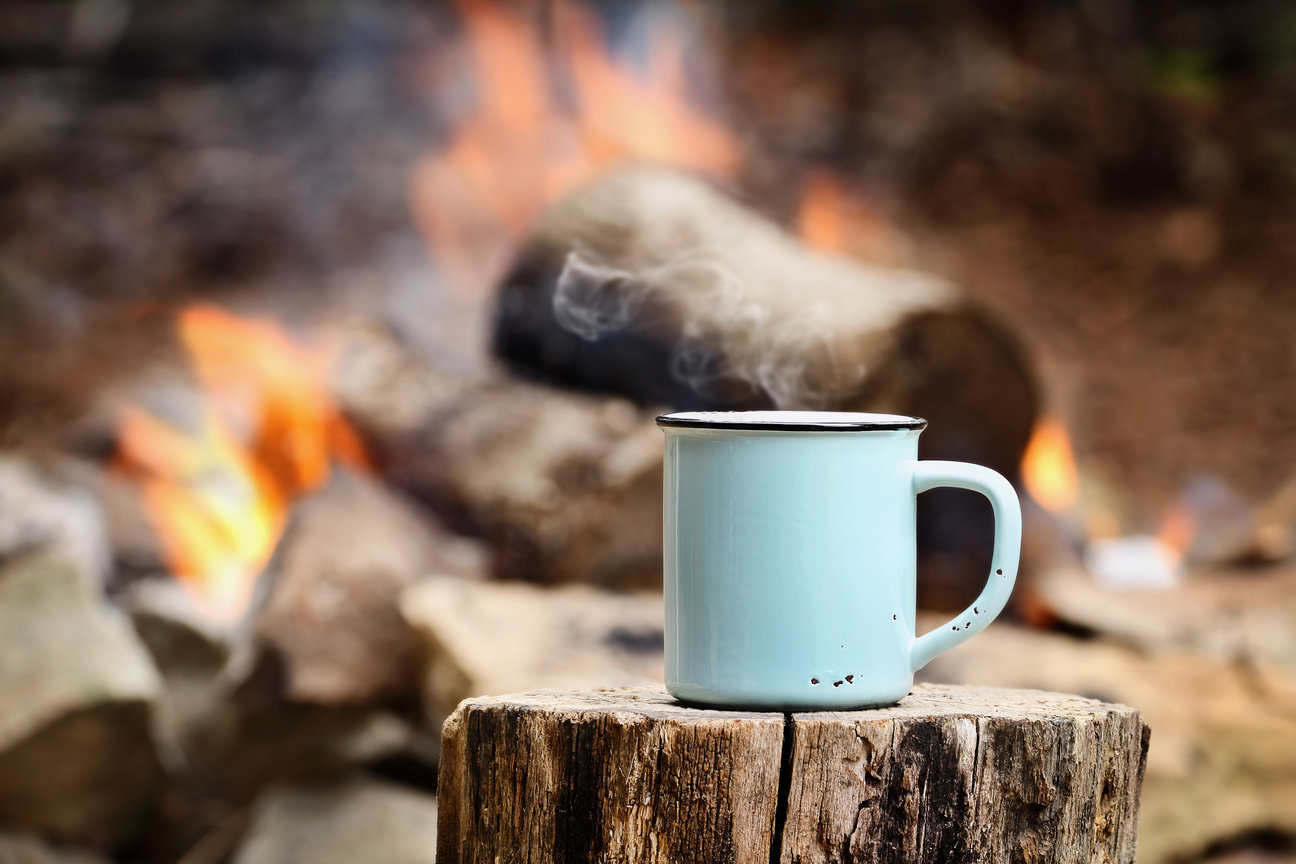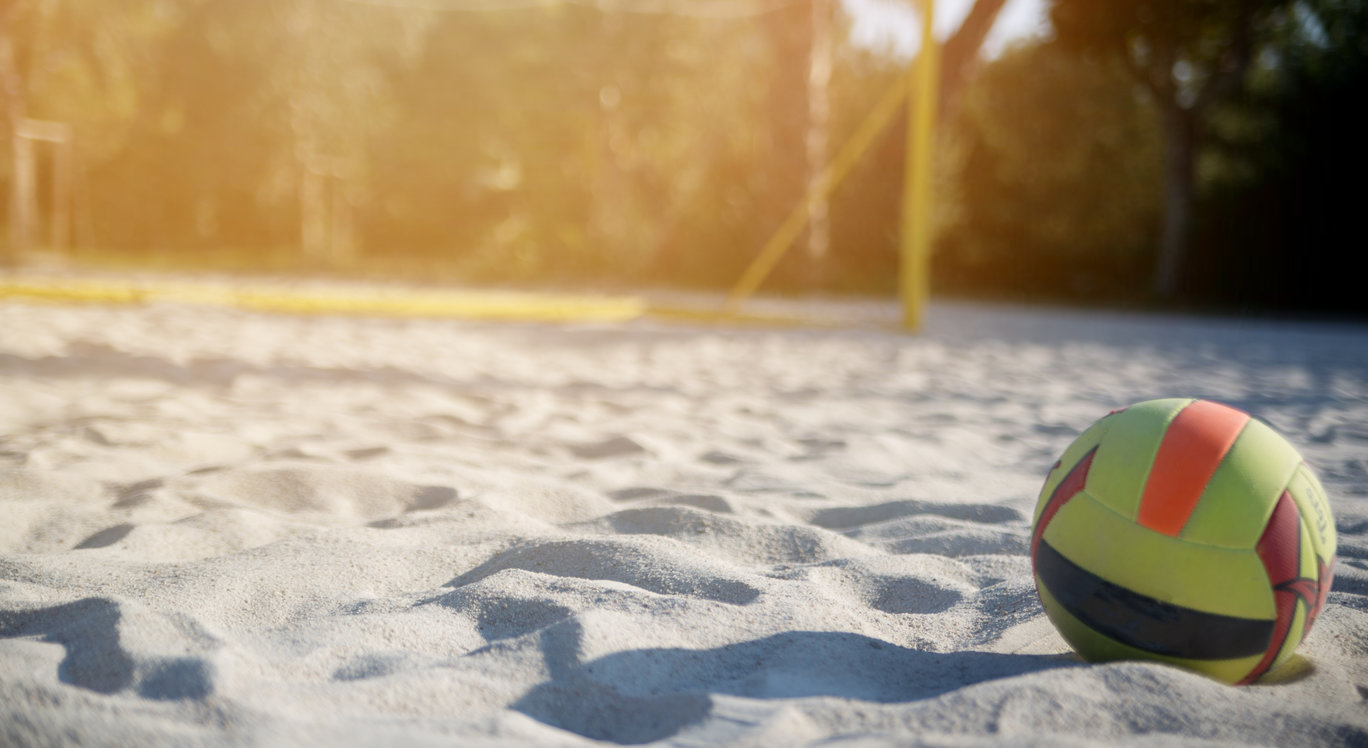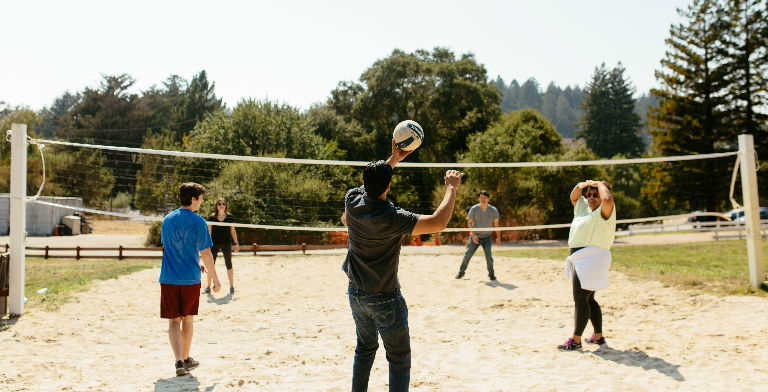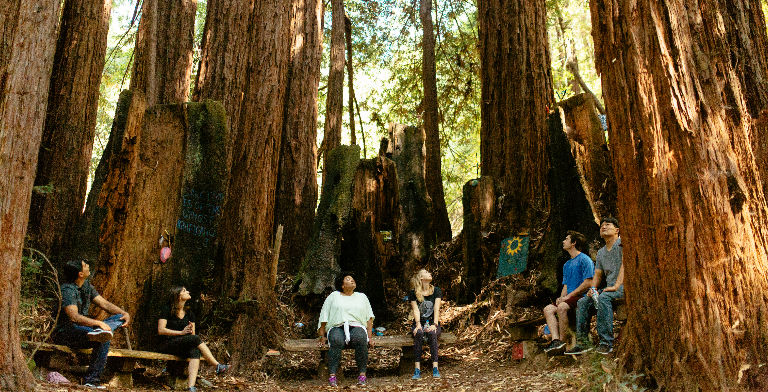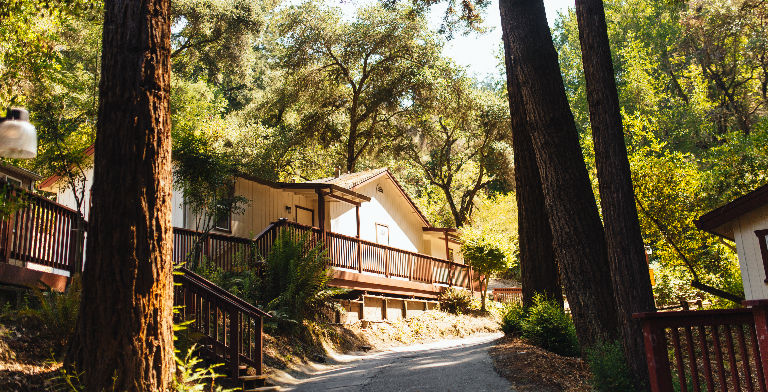The Camp Recovery Center helps adolescents & adults struggling with addiction & co-occurring bipolar disorder find long-term recovery. Located near Scotts Valley & San Jose, CA, The Camp provides premier substance abuse rehabilitation & bipolar disorder treatment.
Bipolar Disorder Treatment
Bipolar Disorder Treatment Near Santa Cruz & San Jose
Untreated bipolar disorder can have a profoundly negative impact on the substance and quality of a person’s life. The overstimulated manic phases and crushing depressive episodes that characterize bipolar disorder can make it extremely difficult for a person to contribute to healthy interpersonal relationships, meet work and/or school-related responsibilities, and otherwise productively participate in day-to-day life. When a person who struggles with bipolar disorder also develops a problem with substance abuse, the resultant upheaval can be truly devastating.
At The Camp Recovery Center, we understand the unique challenges faced by adolescents and adults who are dealing with chemical dependency and co-occurring bipolar disorder, and we have developed specialized rehab that is specifically designed to provide these individuals with the comprehensive solutions that they need. In the absence of effective professional intervention, bipolar disorder and addiction can be overwhelming conditions. When a person who is experiencing these issues chooses to receive treatment at The Camp, the despair of this dual diagnosis can be transformed into the hope and promise of a healthier drug-free future.
Helping a Loved One
Helping a Loved One or Family Member Enter Bipolar Disorder Treatment
When a loved one is dealing with chemical dependency and co-occurring bipolar disorder, the emotional impact on friends and family members can range from confusion and frustration to fear and helplessness. Though professional treatment at a rehab center is essential for people who are dealing with this dual diagnosis, loved ones should not feel that they have no role to play. If someone you care about is in this situation, please consider the following:
- Educate yourself about bipolar disorder and addiction. These are complex conditions that resist simple solutions. The more you understand what your loved one is experiencing, the better you will be prepared to provide meaningful support.
- Learn about the types of treatment that have helped people who are experiencing both bipolar disorder and chemical dependency.
- Research rehab centers that provide the type and level of care that are most likely to align with your loved one’s needs.
- Help with appointments, transportation, childcare, and other logistics that can free your loved one up to focus on getting the care that he or she needs.
- Once treatment at a rehab center has begun, stay involved. Participate in family activities at the treatment program and consult with staff members to learn how you can best support your loved one’s progress.
Ultimately, you can best support your loved one by continuing to educate yourself about the issues and challenges that he or she is facing, and by remaining an active positive presence in his or her life. Recovery is neither a quick nor straightforward process. Understand that there will be both successes and setbacks, and plan to be there through it all to provide the support that your loved one needs.
Why Consider Us?
Why Consider Bipolar Disorder Treatment at The Camp Recovery Center, Located Near San Jose & Santa Cruz, CA
It is difficult to overstate the damage that can result from the cumulative effect of untreated bipolar disorder and chronic substance abuse. The disruptive impact of bipolar disorder can significantly impair a person’s ability to work, go to school, and maintain healthy interpersonal relationships. The shame, guilt, and isolation that can result from these setbacks can lead to an ever-worsening cycle of self-defeating attitudes and behaviors. When substance abuse is involved, the harm to one’s mental and emotional health can be significantly worse, and may be accompanied by a wide range of negative physical effects. As these conditions continue to erode a person’s mind, body, and spirit, outcomes such as lost relationships, family discord, academic failure, unemployment, financial ruin, legal problems, and homelessness become increasingly likely.
In the face of this mounting devastation, though, there is a lifeline. With effective professional intervention and comprehensive treatment at a rehab center, individuals who are suffering from chemical dependency and co-occurring bipolar disorder can regain control over their thoughts and behaviors, overcome the debilitating symptoms of bipolar disorder, and start living happier, healthier, and much more satisfying lives.
Types of Treatment
Types of Bipolar Disorder Treatment Offered at The Camp Recovery Center
Since we first opened our doors in 1984, The Camp Recovery Center has remained steadfast in its dedication to offering superior rehab treatment for adolescents, men, and women who are dealing with chemical dependency and bipolar disorder. We are situated on 25 serene acres amidst the towering redwoods of the Santa Cruz Mountains and supply a treatment experience that can only be described as life-changing. In addition to walking trails, tennis, volleyball, and basketball courts, and a swimming pool, our center features a wide range of therapeutic interventions that are proven to help people truly recover from addiction and bipolar disorder. Our nationally accredited residential treatment center focuses on healing each resident’s mind, body, and spirit so that treatment goals are not only achieved, but exceeded.
As part of our comprehensive programming, we offer a specialty treatment track for individuals who are struggling with addiction and co-occurring disorders, including bipolar disorder. Our staff of highly trained professionals, which includes nurses, addiction counselors, therapists, and drug rehabilitation professionals, works closely with residents to formulate individualized rehab plans that can include the following treatment methods:
Detoxification: Individuals who come to our treatment center with alcohol and/or other drugs in their system may require detox in order to partake in programming with a clear mindset. When this is the case, we utilize an offsite doctor to determine the most effective and appropriate detox protocol that will benefit each resident most.
Medication management: Residents who are dealing with depressive disorders may require the use of certain medications in order to alleviate their distressing symptoms. During the assessment phase of the admissions process, it will be preliminarily determined if medication management services will be required as part of a resident’s rehab plan. Should such services be deemed necessary, residents will be able to meet with a psychiatrist once per week so that medications can be prescribed, monitored, or altered depending upon the resident’s unique medication needs.
Individual therapy: A great deal of progress can be made when an individual is able to process feelings, emotions, triumphs, and setbacks within the confines of a one-on-one therapeutic relationship. At The Camp Recovery Center, residents struggling with bipolar disorder and addiction are able to meet with case managers twice each week in order to receive personalized attention that can ultimately further the healing and recovery processes.
Group therapy: Therapy held in a group format is an integral part of the bipolar disorder and addiction care supplied by our treatment center. Each resident will engage in process groups with case managers 5 days per week, along with other groups that are offered 7 days per week. The various topics that may be covered during these groups can include discussions on relapse prevention, 12-Step Recovery, SMART Recovery, and self-helping thinking. The following are among the specific groups that residents can partake in while receiving treatment with us:
- Activity Group
- Experiential Group
- CBT Groups
- Detox Groups
- Focus Groups
- Music / Poetry Groups
- Age Groups
- Men’s Group
- Women’s Group
Family therapy: Recognizing the value of including those closest to our residents in the bipolar and addiction rehab process, we offer family therapy sessions twice a month. These sessions, which are led by marriage and family therapists, help our residents repair and rebuild relationships with their primary support networks. Family therapy takes place at our rehab center, which is convenient to the San Jose & Santa Cruz, CA areas.
Experiential therapy: Our rehab center includes various experiential therapies in order to provide a truly unique treatment experience. These therapies are offered weekly and can include the following:
- Acupuncture
- Meditation
- Yoga
- Various games
- Time set aside to use the gym
Community meetings: Community meetings occur every morning of every day of the week. These meetings, which are led by our residents, provide a forum for discussing the day’s agenda, talking about topics related to the residents as a group, and sharing insights about treatment. This facet of rehab is extremely important, as we believe meetings of this kind foster lasting sober relationships between residents that can be maintained long after they have left our treatment center.
In addition to the above treatment methods, residents also work hand-in-hand with our staff to formulate thorough discharge and aftercare plans to prepare them for when they have completed rehab with us. From the time a resident is admitted to The Camp Recovery Center, case managers collaborate with residents to determine if our intensive outpatient program (IOP) or another type of post-treatment care option will be needed after completing our residential treatment.
We will put forth every effort to ensure that our residents can remain successful in their recovery journeys. If you or a loved one is caught in the grips of an addiction while also battling bipolar disorder or another mental illness, look no further than The Camp Recovery Center. The effort to achieve a healthy, happy, drug-free future can begin at our rehab center.








